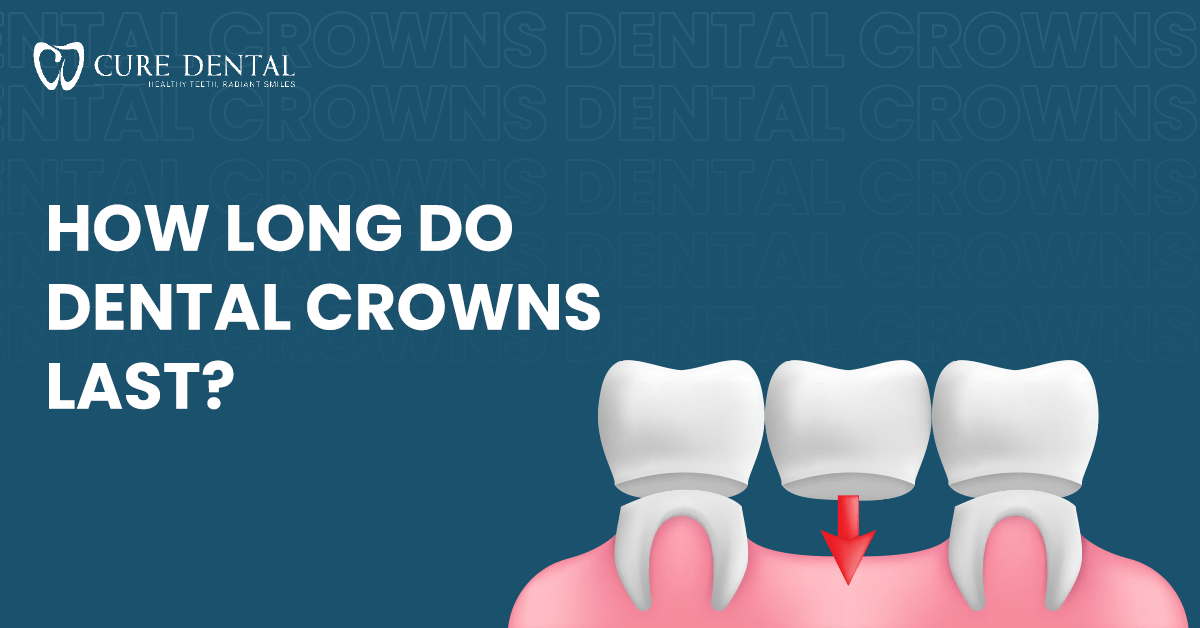Do not delay in getting a dental crown if your dentist has recommended one as a means to preserve a tooth. Not protecting the remaining part of your natural tooth could lead to further damage to the tooth. The amount of wear and tear that a crown experiences, which differs from patient to patient, is a major factor that determines how long it will last, as is the case with many other items.
A Dental Crown’s Durability Over Time
If you’ve heard that you clench or grind your teeth, it’s reasonable to assume that whatever dental restorations you have will not last as long. Your teeth take a beating from everything you consume and how often you brush and floss. Crowns typically last longer when the patient practices good oral hygiene and wears a night guard while sleeping.
One more thing that can affect how long your crown lasts is where you put it in your mouth. While some crowns might endure for a lifetime, others can break and require replacement. If you take good care of your crown, it should endure anywhere from ten to thirty years.
Determining the Expected Durability of a Crown
While dental crowns are an excellent method for repairing damaged teeth, they can only be used if the tooth structure is sufficient to support them. Your dentist will ensure a snug fit between the crown and your teeth once it has been determined that your tooth can sustain one. This will prevent food traps and floss catches caused by any exposed margins.
A crown that doesn’t fit properly runs the risk of coming loose and falling out. Even if your dentist can re-cement your crown if it falls out, you’ll still have to get a new one eventually. You might be able to extend its life by a few years, but in most cases, a new crown is required to restore the original bond after it is broken.
If your crown is well-fitting, you should not have to worry about replacing it for at least ten years, even though most dental insurance plans cover crown replacements every five to eight years.
Factors That Determine How Long a Crown Lasts
You should pay attention to a few details after getting a dental crown. Some examples of these are:
Habits:
Habits that are bad for your teeth include clenching or grinding them. One of the best ways to keep your crown and other teeth healthy is to use a sleep guard. Hard foods, including hard candies, and ice should also be avoided.
Maintaining good dental health:
You can easily lose a crown too soon if you aren’t meticulous with your dental hygiene or if you neglect your routine. Tooth decay can form in the tooth’s natural structure beneath the crown, so it’s important to take good care of all of your teeth.
What was utilized:
When compared to other materials, metal dental crowns last far longer. When it comes to aesthetic concerns, porcelain is the material of choice, particularly for the front teeth.
Because of their versatility, crowns are a frequent dental treatment option. To find out which crown is ideal for you, visit us at Cure Dental.

